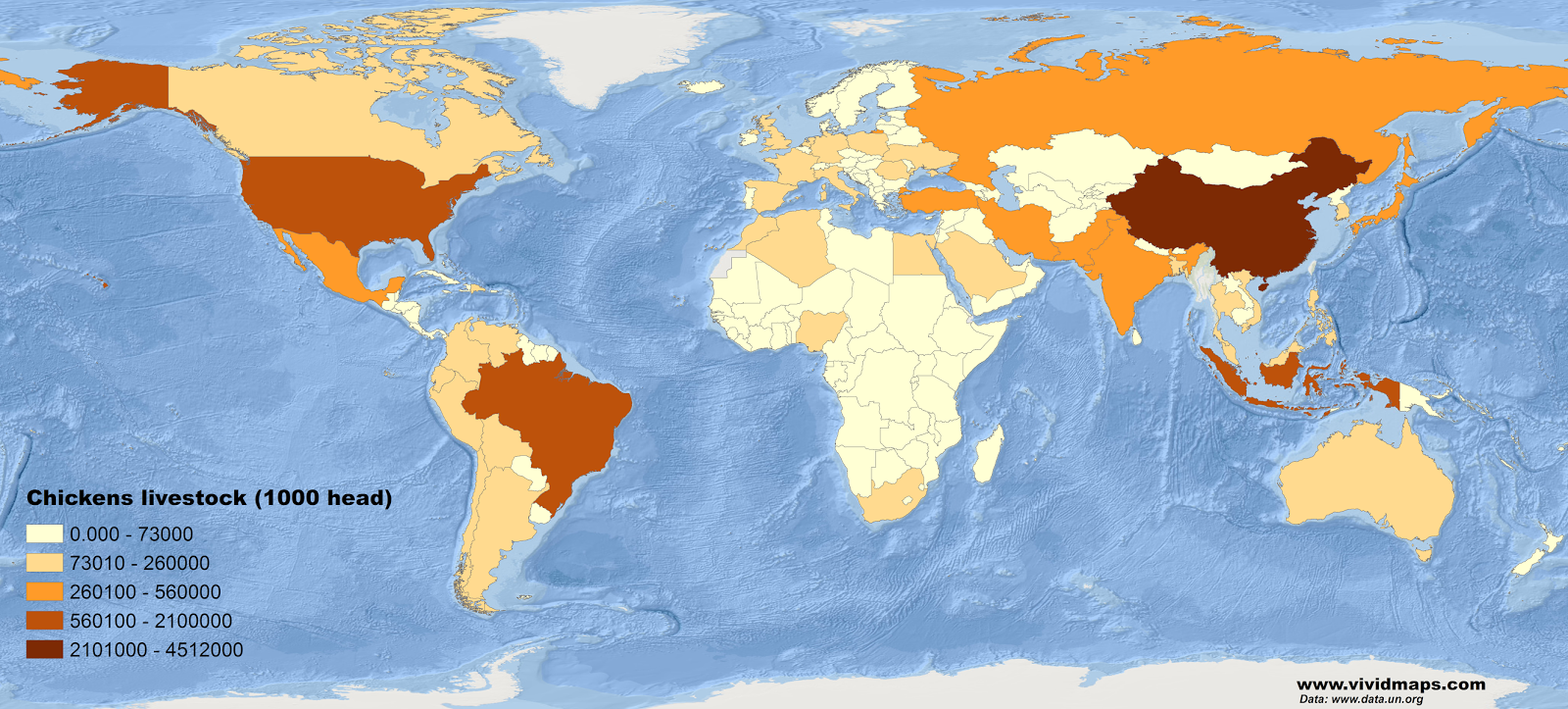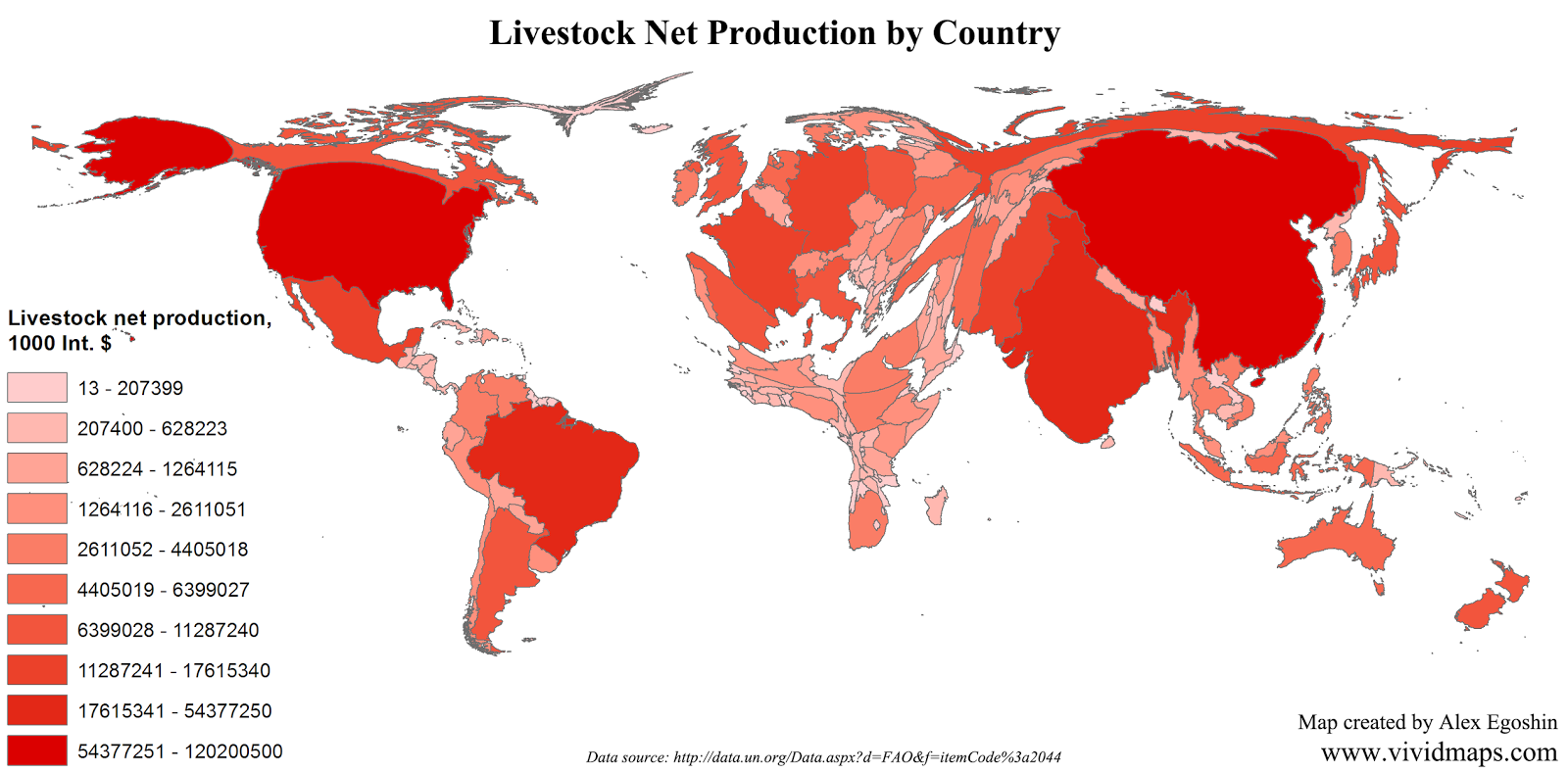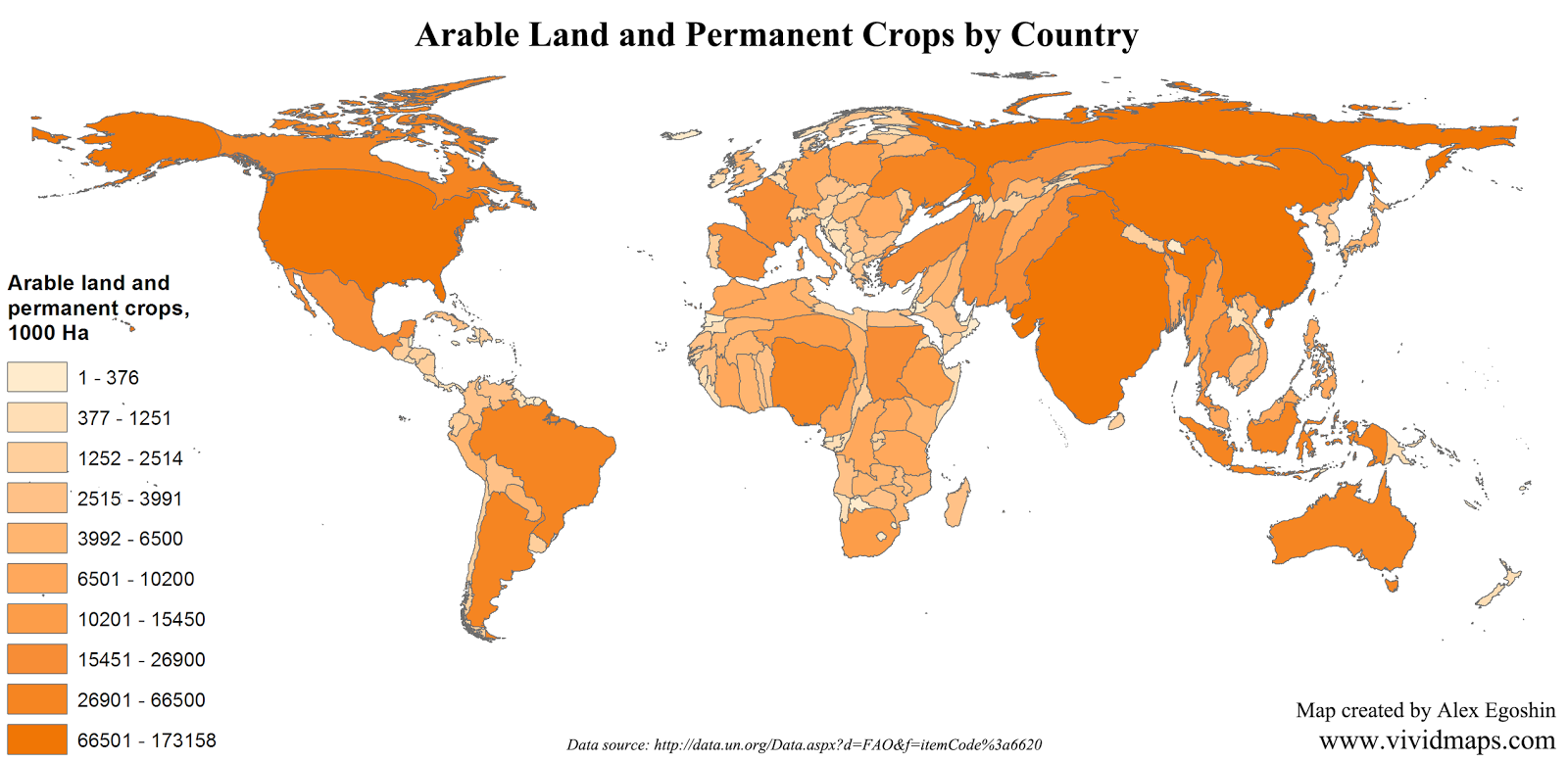Legal systems of the World
What happens when you cross a border, not just physically, but legally? The answer might surprise you. While we often assume “law is law,” the structure and source of legal authority can differ dramatically from one country to another. In fact, there are five broad types of legal systems found around the world today: civil, common, customary, religious, and mixed. Each one reflects culture, history, and philosophy in addition to rules and procedures.
Here is a global map that illustrates which nations adhere to which legal traditions before we go over each system. The predominant legal systems in use around the world are depicted in this world map.

Civil law legal systems have their roots in the Roman lawful tradition. Civil systems vary broadly in procedure and substantive law, so researching a specific nation’s civil law system should contain looking at that nation’s particular law system, but they do have some trademark features. Countries with civil law systems have comprehensive, repeatedly updated legal codes. Most significantly, case law is a secondary basis in these jurisdictions. France and Germany are two instances of nations with a civil law system.
While they often have statutes, common law systems depend more on precedent, judicial judgments already made. Common law systems are adversarial instead of investigatory, with the judge moderating two opposite parties. The legal system in the U.S. (exception of Louisiana) is a common law system.
Customary law systems are based on behavior rituals that have come to be acknowledged as legal requirements of behavior within a specific nation. The laws of traditional customary legal systems are commonly unwritten and are usually distributed by elders, passed down through generations. As such, customary law research relies significantly on secondary sources. Customary law traditions can frequently be seen in hybrid legal system jurisdictions mixed with civil or common law.
Religious law systems are systems where the law derives from sacred texts or practices within a given religious tradition. Many Islamic nations have legal law systems established entirely or partly on the Quran, while Jewish societies have Halakha.
Mixed law systems use two or more of the aforementioned legal systems. These mixed legal systems frequently reflect religious traditions, colonial histories, or the need to strike a balance between local customs and modern governance. For example, South Africa combines common law from British rule, civil law from Dutch colonization, and customary law.
Other instances include Egypt (which combines civil law and Islamic law), the Philippines (which combines civil and common law), and India (which combines common law and personal religious laws). These legal systems change in response to historical, social, and political forces. The Library of Congress’s World Legal Systems Research Guide is an excellent starting point for anyone interested in learning more about mixed legal systems.








